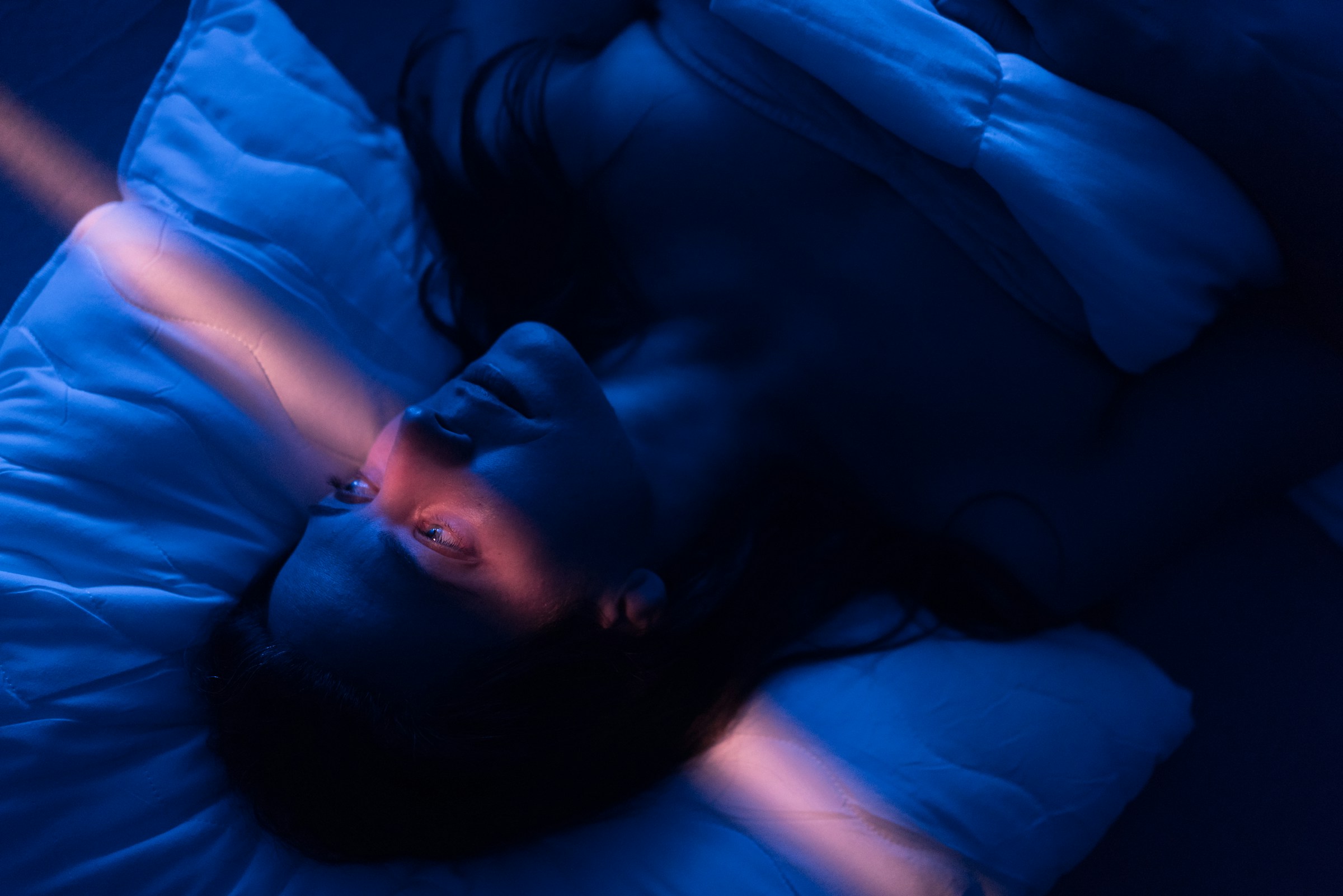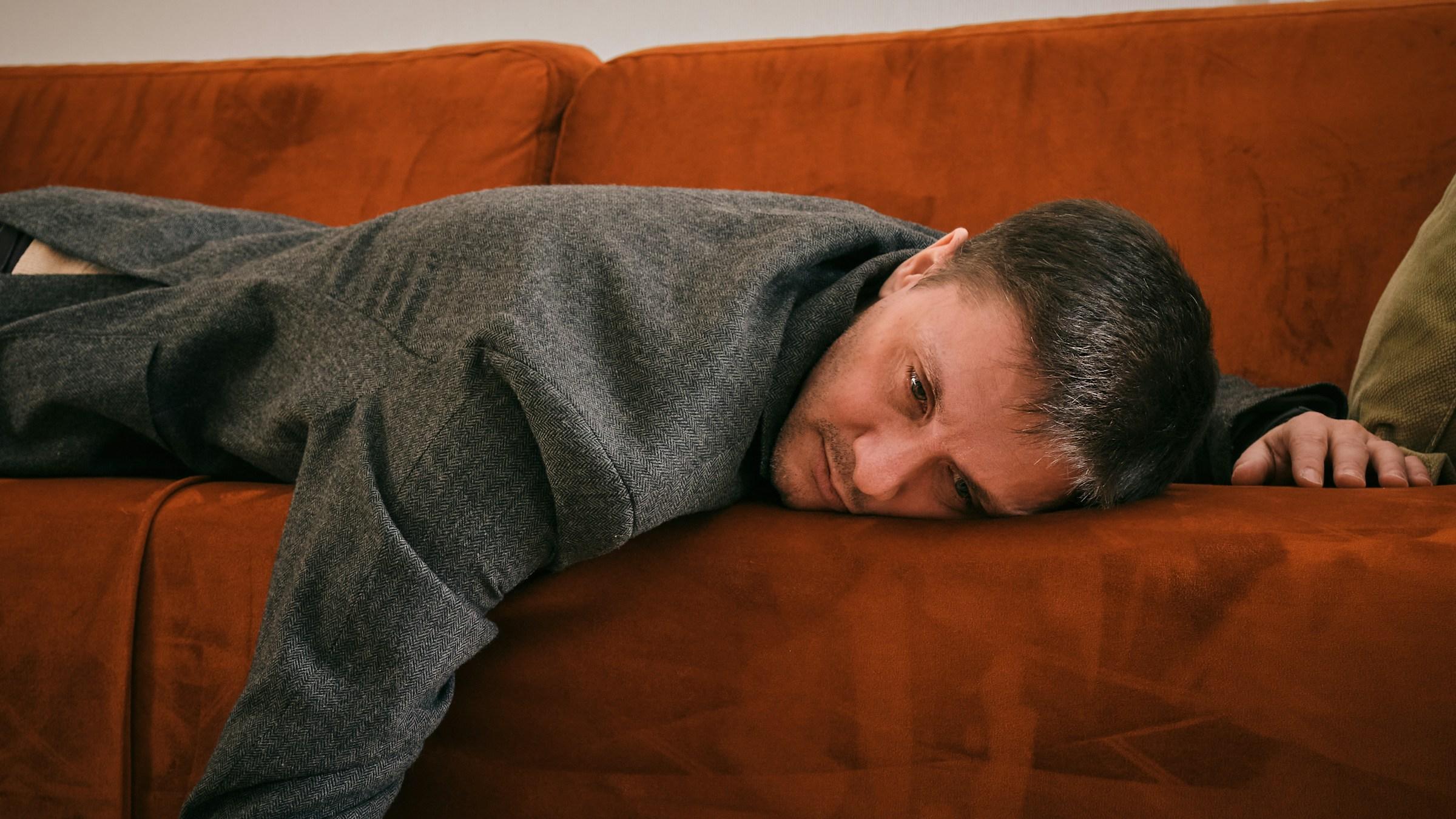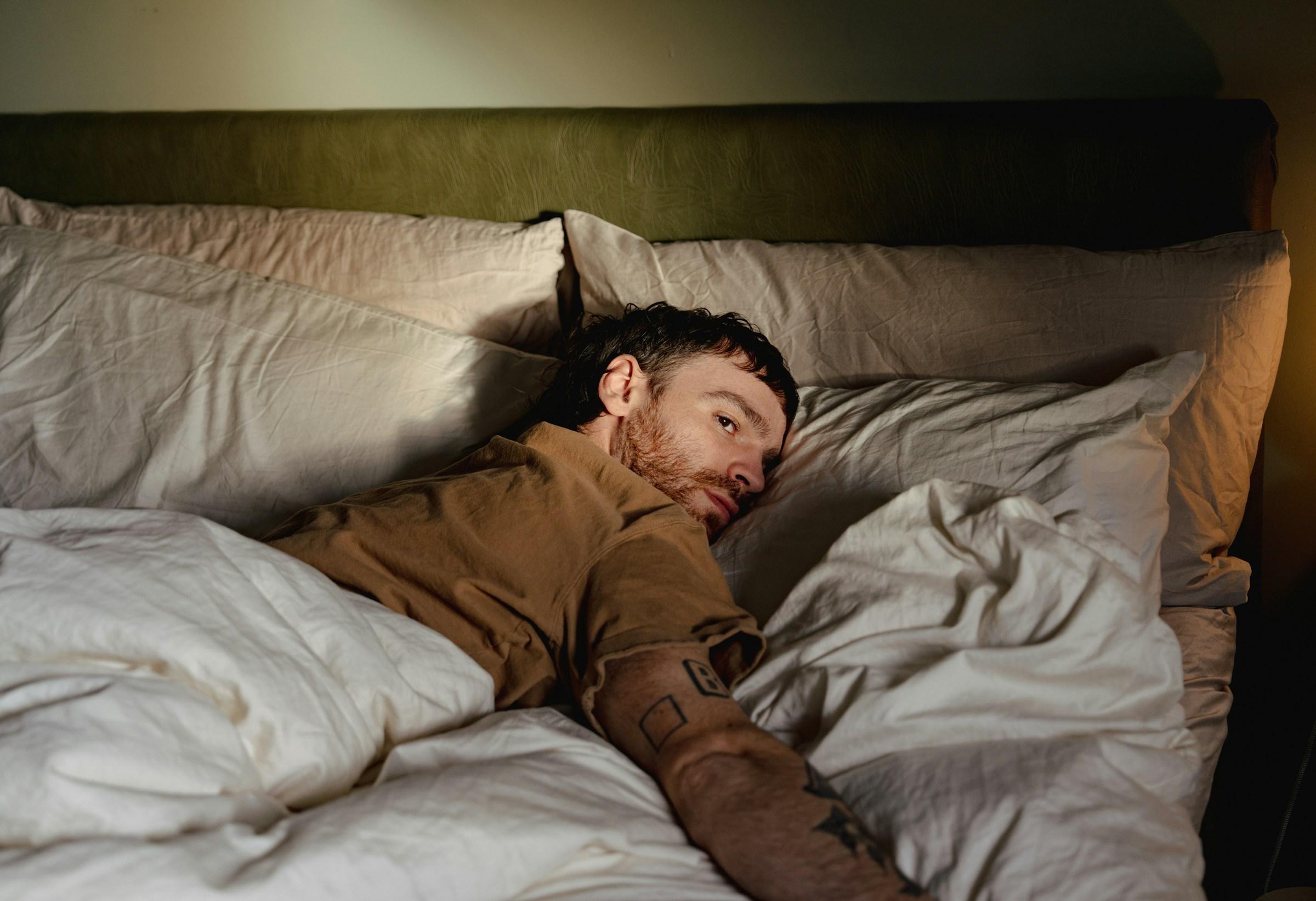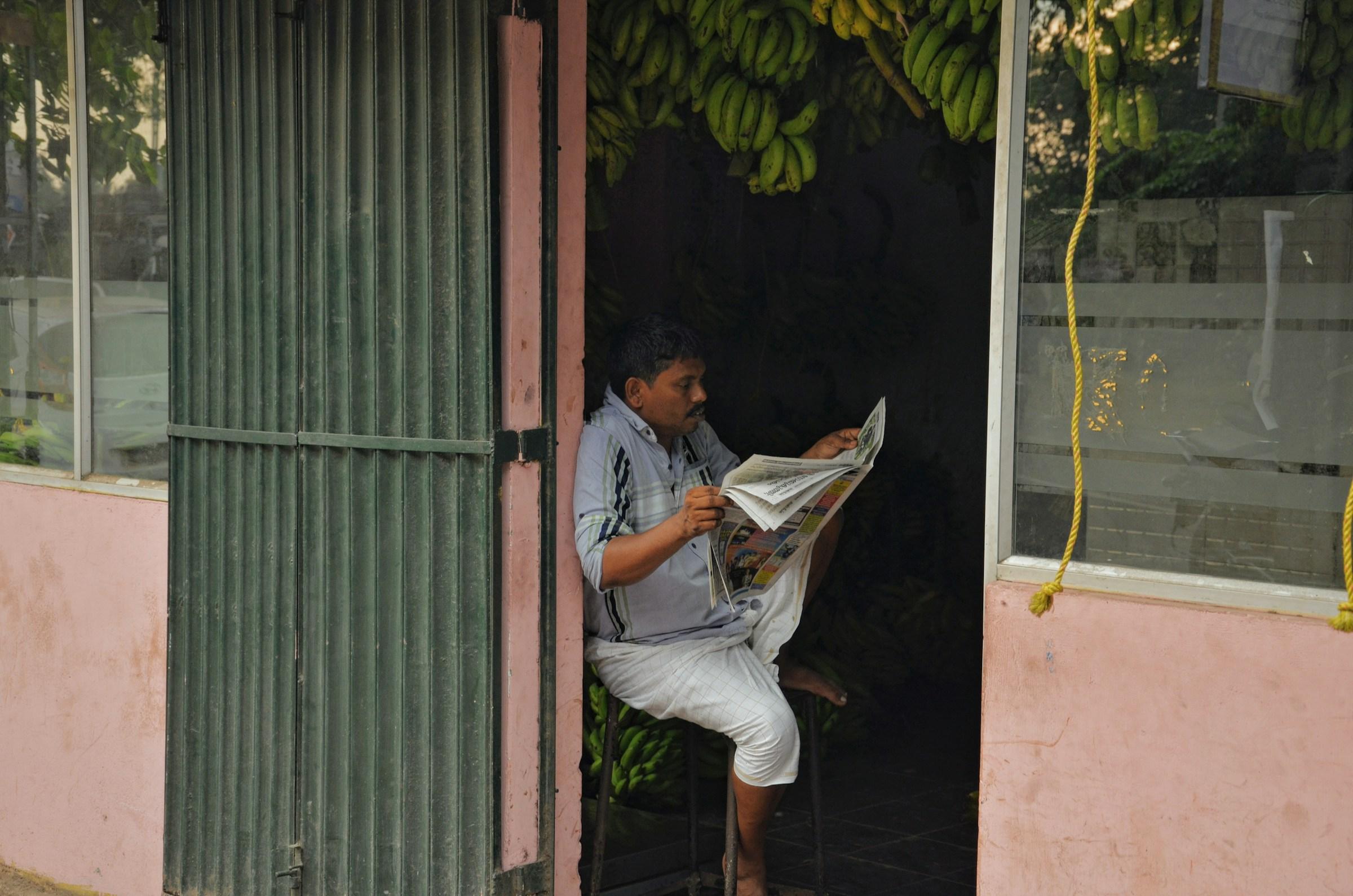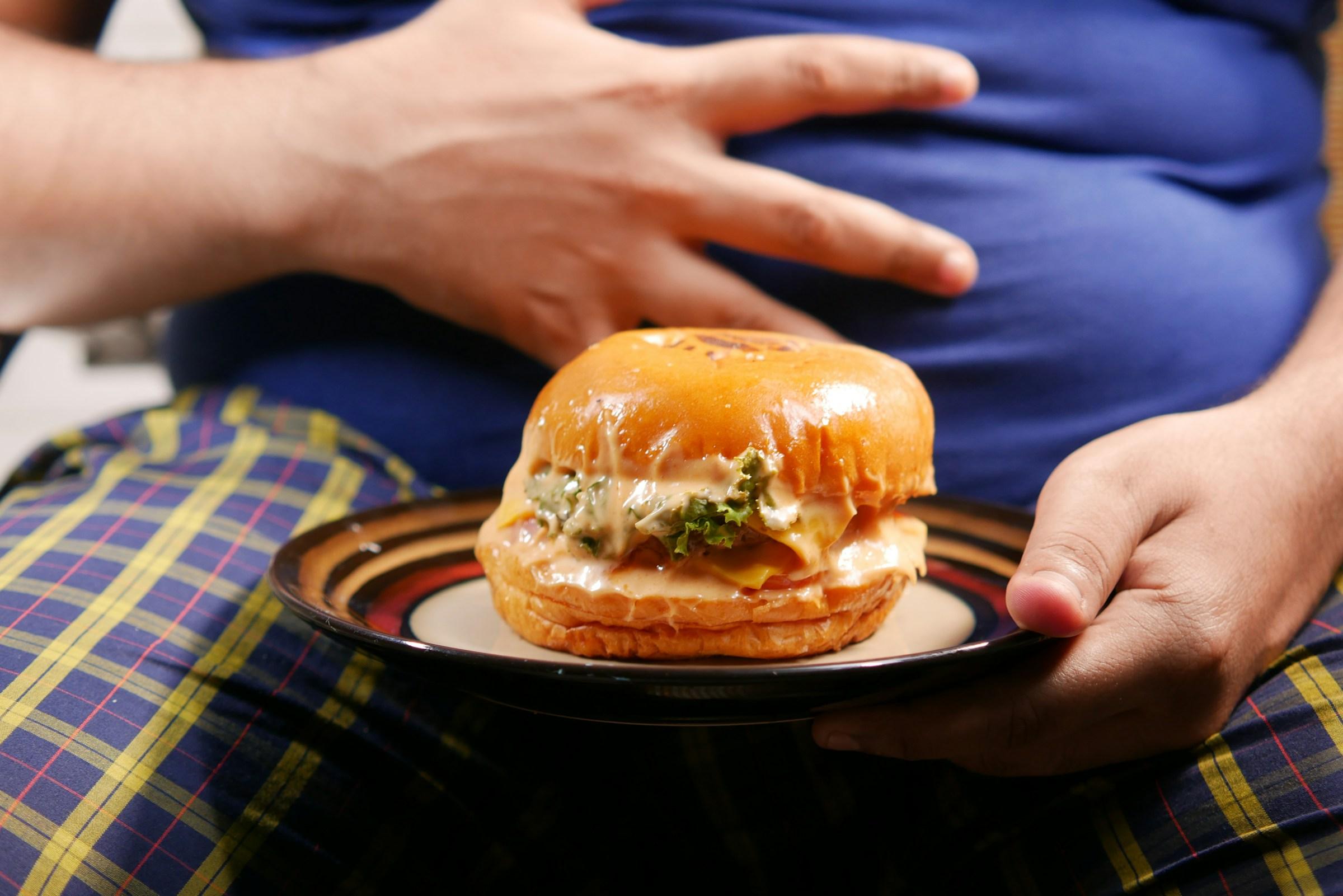Sleep deprivation rarely announces itself with drama at the start. It prefers to arrive quietly, threading small interruptions through an ordinary day until the whole fabric feels thinner than it used to be. You do not collapse at your desk or fall asleep on the train the first week you owe your body rest. Instead, you notice a pattern of tiny misfires that seem unrelated until you view them together. The browser tabs that multiply for no good reason, the snack that turns into two, the joke that lands wrong, the sentence you read three times. Each is a light tap on the shoulder. Together they form a message that is easy to miss when you are busy proving that you can cope.
The earliest shifts show up in attention. You open the same article in several windows and forget why it mattered in the first place. You start a task and watch it splinter into substeps that refuse to stay in order. Precision work, which once felt like a familiar rhythm, becomes an effortful shuffle. Typos appear in words you have typed for years. Double spaces sneak in. You correct one mistake only to create another. Nothing about your intelligence has changed. What has altered is the brain’s capacity to hold short bursts of information in a steady frame. When sleep thins that frame, focus slips through the gaps.
Mood often follows. The world does not become crueler overnight, but it can feel closer and louder when you are underslept. A friendly tease feels pointed. A slow reply reads like distance. Slack pings carry more weight than intended. You know you are being quick to react, yet the pause that would soften your tone is harder to find. Irritations that used to roll away before they reached your voice now stick to your words. It is tempting to label this season as oversensitivity, but a truer description is a nervous system that is already working harder than usual to stay alert. When the baseline effort is higher, everything else feels amplified.
The body sends its own early cues. Hunger skews toward the fast and the sweet because quick energy promises to fill a gap that last night left open. Coffee shifts from ritual to rescue. By midday you hear the vending machine call your name with a persistence that feels out of character. At the same time, light and sound seem sharper. The open plan office feels glaring. A playlist you once loved reads as chaos. Sunglasses migrate from accessory to shield. These do not signal fragility. They indicate a system that is trying to control the controllable while the deeper task of restoration remains unfinished.
Motion loses a little grace. You clip a door frame with your shoulder, miss the keyhole by a fraction, or fumble the cup you would normally place without thinking. Proprioception has not failed. Microlapses of attention have multiplied, the kind that normally resolve before you notice them. Even your sense of time stretches and snaps. Five minutes expands into a pocket of drift and then collapses into urgency. You sit down to answer one email and resurface forty minutes later with three drafts and no sends. The clock has become a moving target because focus keeps melting and reforming.
Headaches step in as a quieter signal. Not the crippling pain that demands a dark room. More like a clamp behind the eyes that tightens as the day warms up. Water helps a little. Fresh air does too. The full fix rarely fits in a bottle because the cause did not begin there. Meanwhile, comprehension slows. You look at a paragraph and feel the meaning arrive late, as if it had to jump a queue. You read a message, absorb it, and watch it slide away before the reply is ready. You are not losing your sharpness. You are paying interest on a debt you did not plan to take.
Social energy changes shape as well. You still care. You still love your people. Yet the appetite for conversation dips and your tolerance for small frictions fades. You cancel a plan and call it self care, and sometimes that is exactly what it is. Other times it is a tired mind trying to conserve battery for the parts of life that cannot move. Patience thins with apps that glitch, queues that stall, and questions that repeat. You know the reaction is larger than the trigger. Naming that truth does not refill the tank, but it can help you choose silence before a sharp comment writes a story you did not intend.
Physical comfort offers another set of clues. The same desk chair begins to dig deeper. A familiar run feels creakier. Soreness announces itself earlier in the day. Temperature regulation tilts. Air conditioning bites, and the sweater you used to leave at home begins to live on your shoulders. None of these sensations proves anything on its own. Together they sketch a body that is missing the overnight repair it counts on to reset inflammation, manage pain signals, and keep the thermostat from turning a normal room into a test of endurance.
The face tells its own story. Under eyes look puffier. Skin looks duller. Concealer works harder. Friends say you look tired but still cute, which is kind but not a solution. Your wearable may confirm what the mirror hints at. You feel functional and the graph says compromised. No ring or watch is an oracle, but devices often catch patterns your narrative edits out. You can be fine enough to meet your responsibilities and still be operating at a discount you will eventually pay.
Night brings a special trick. Around 11 p.m., a hopeful clarity rises. Ideas multiply. Plans for a new morning routine appear with crisp edges. It feels like motivation finally returning, and sometimes it is. Often it is a second wind fueled by a stress response that masquerades as productivity. If you ride it, the morning asks for a receipt that the night never shows. This loop can last for weeks because it looks like ambition while it drains the account that ambition needs.
If you track the whole day, you see the pattern more clearly. Morning begins on time but not in spirit. You move like a character on rails, animate the frame with caffeine, and find your true self closer to noon. Energy dips after lunch. Focus thins by mid afternoon. Evening brings a brief lift. Screens pull harder. Bedtime slides. The cycle repeats because it is familiar, not because it works. Everyone around you seems to be managing something similar, so the culture normalizes a steady hum of fatigue. We treat tiredness like weak Wi Fi. Annoying, but not a reason to log off.
The most helpful move is also the least glamorous one. Start by naming the signals without judgment. The extra tabs, the typo storm, the snack festival, the thin patience, the heavy phone that seems to choose your hand on its own. Call them what they are. Early signs of sleep deprivation. Visibility matters because it interrupts the story that effort alone can carry you. Effort is precious. It is also finite. If you protect it by restoring the foundation, the rest of your life gets easier without a hero narrative.
No radical overhaul is required. A kinder bedtime counts. A light that dims an hour earlier counts. A screen that stays in the living room counts. A short walk after lunch to reset the clamp behind your eyes counts. Water before more coffee counts. Asking for quieter music in the office counts. Treat these not as acts of virtue but as maintenance, the same way you would charge a phone before it dies rather than brag about squeezing out one more hour at one percent.
You will know the change is working by the texture of your day. The joke lands the first time. The sentence sticks on the first read. Your keys meet the lock without negotiation, and the playlist sounds like music again instead of noise. Your phone loses its pull. The snack festival downsizes to a couple of sensible choices. Most importantly, the space between stimulus and response stretches enough to let you choose the version of yourself you prefer.
Sleep will never remove every friction, and life will never arrange itself to match your ideal energy curve. The point is not perfection. The point is clarity. When you respect the early signs of sleep deprivation, you give yourself back the ordinary ease that makes the rest of your goals possible. The tabs stay manageable. The calendar makes sense. The world softens by a few degrees. That quiet is the real win, and it is available sooner than the culture would have you believe.



